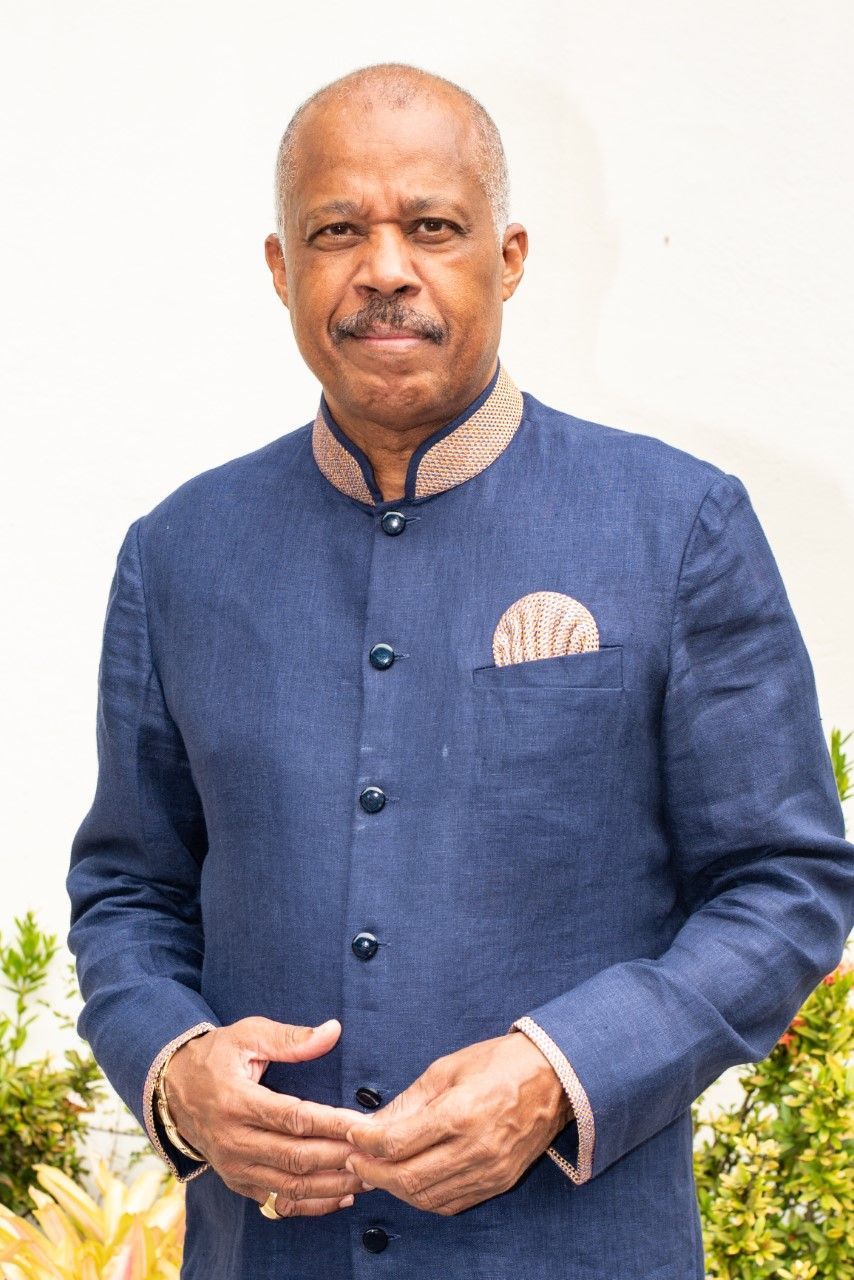(Trinidad Guardian) A proposal has been offered up by the Vice-Chancellor of the University of the West Indies (UWI) for a new financial model which would see host governments contributing 50 per cent of overall financing—with the remainder coming from students’ fees, entrepreneurial efforts, private sector donations, and alumni grants.
Announcing the suggestion during a “State of our University Address’” yesterday, Professor Sir Hilary Beckles suggested that government’s financial contribution “should be stabilised at around 50 per cent.”
He said the remainder would be comprised of 15 per cent from students’ fees; 15 per cent generated through entrepreneurial efforts by the respective university; ten per cent through private sector donations and scholarships; and ten per cent through the award of grants and bursaries from the Alumni Association.
Addressing the issue which had attracted concerns from all the regional campuses that if students’ fees were to be increased in the coming months, enrollment figures would decline – Beckles said the UWI had been soaring and any move to curtail this upward trajectory would have a devastating impact on the region’s human resources and overall economic development.
Contending that the UWI’s debts had declined by 70 per cent in the last five years, he said regional campuses had delivered on their mandate to transform the institution’s reputation regionally and globally which has never been higher.
Adding that, “We now have global respect,” Beckles spoke proudly of the rankings that Times Higher Education had recorded which revealed that UWI had been ranked number one in the Caribbean out of 150 universities.
Additionally, the survey found UWI was among the top one per cent of the best universities in Latin America and the Caribbean out of 5,000.
Beckles also said the UWI was ranked in the top four per cent of the world’s finest universities, out of more than 26,000 tertiary education facilities.
Declaring that, “We are rising,” he described these ratings as phenomenal achievements which were quite spectacular.
Indicating this been achieved in a mere three years and was a validation of the UWI’s leadership and foresight by the university’s management team, Beckles said they had been able to weather the transition to online teaching and learning that COVID-19 had necessitated.
He said, “First class universities do not back away from such challenges.”
Revealing that UWI has been operating for the past 30 years with deficit financing, Beckles admitted, “The budget did not always go in tandem with the enrollment.”
Indicating the UWI had taken steps to increase their enrollment of persons between the ages of 18 to 30 after they found the Caribbean had the lowest enrollment of young people in the entire English-speaking hemisphere, he said that crisis was holding back the region and could explain why regional economies were so sluggish.






